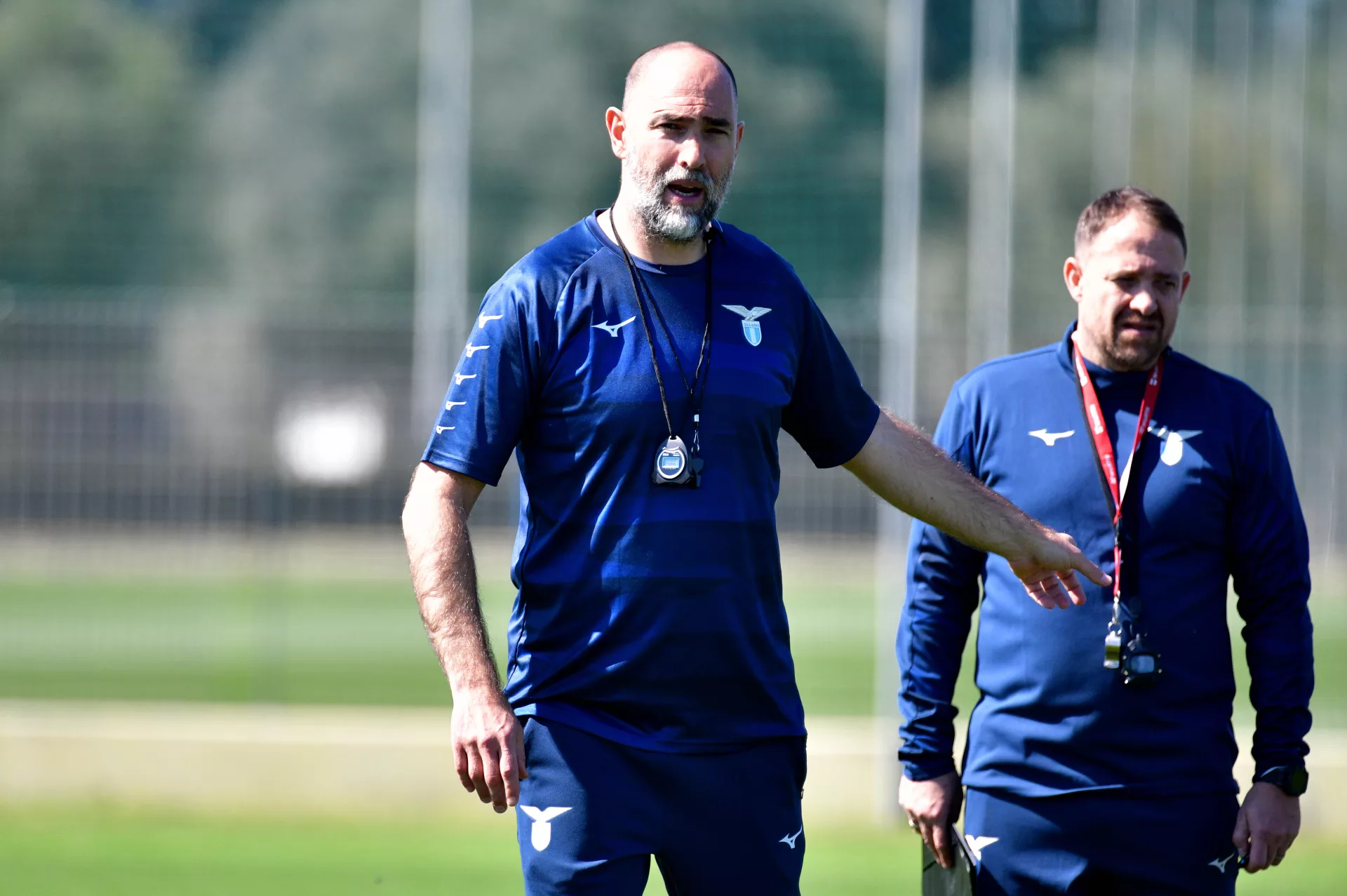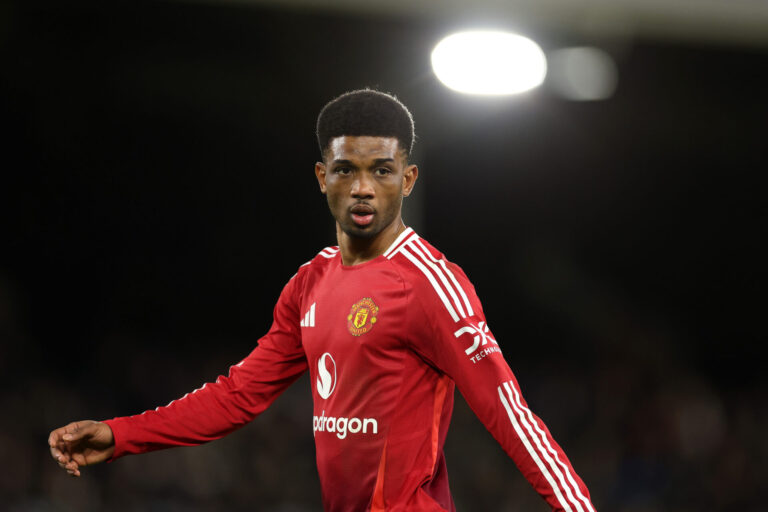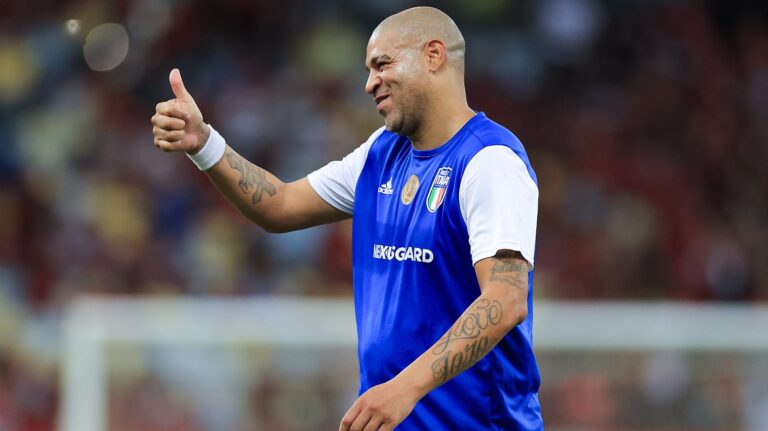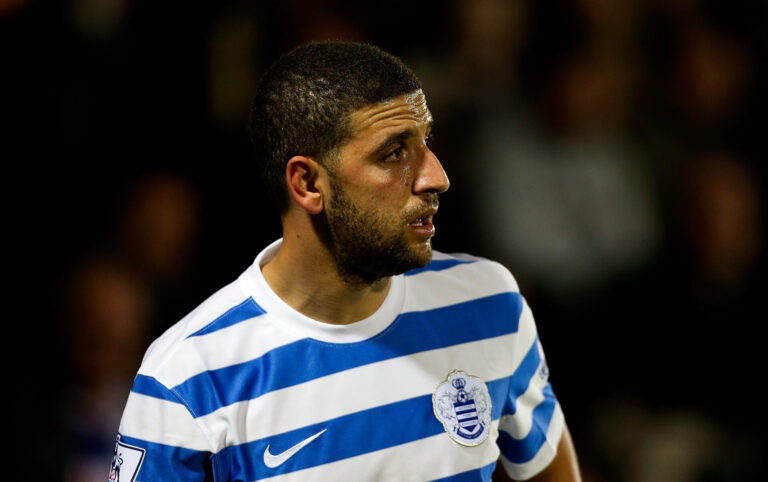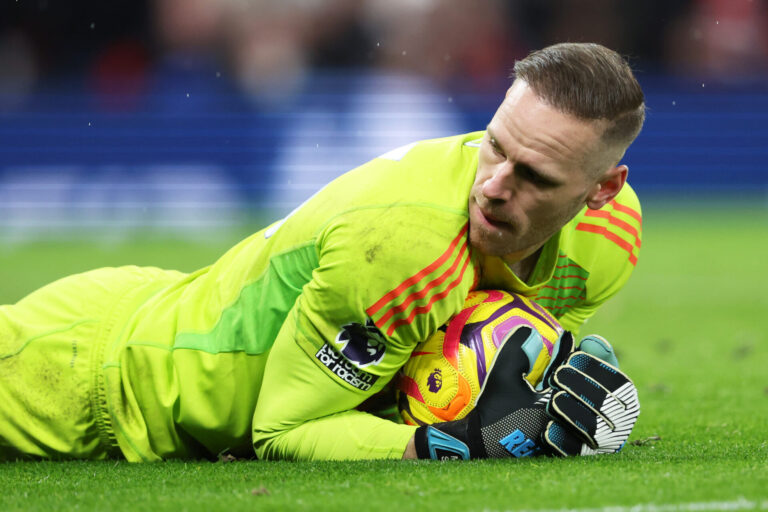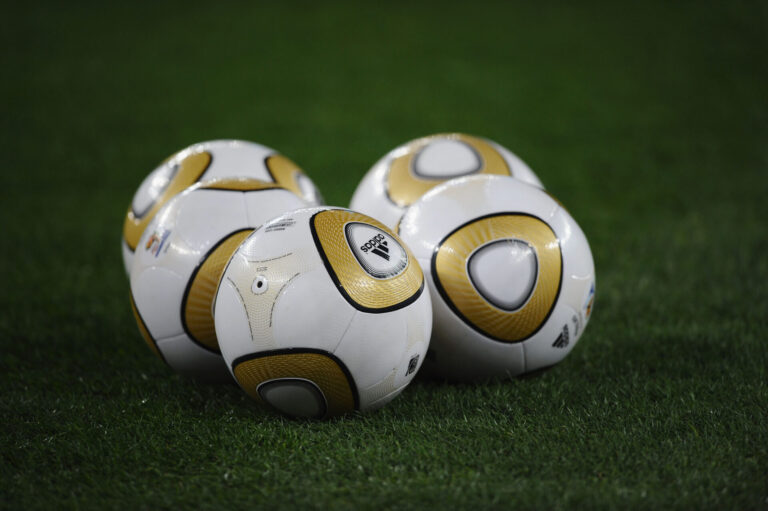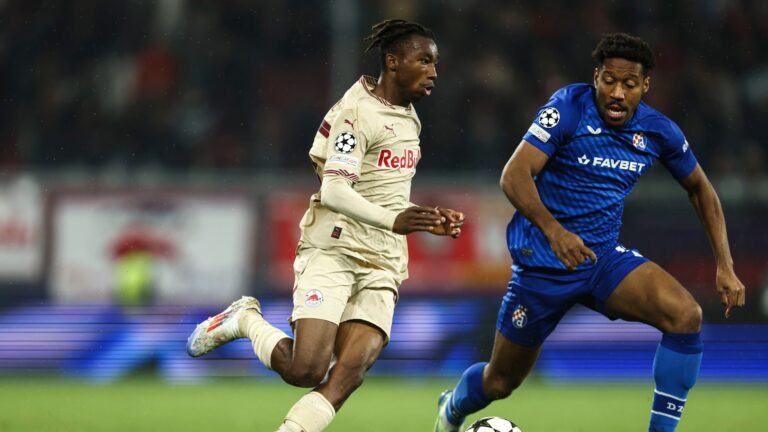Sarri Out at Lazio, But Can Igor Tudor Turn Things Around?
Maurizio Sarri did it his way. Only a few weeks before tendering his resignation, Frank Sinatra’s “My Way” rang around a gloriously illuminated Stadio Olimpico in the minutes before the Lazio players stepped onto the pitch to face the mighty Bayern Munich. That St. Valentine’s night was the high point of this two-and-a-half-year romance between the Biancocelesti fans and manager. Sarri inspired his team to one of the club’s most famous ever European nights, as captain Ciro Immobile’s penalty secured a 1-0 win against the perennial German champions and gave the Laziali real hope that a miracle was possible ahead of the return leg in Munich.
The result at full-time was as hard to believe as it was unexpected before the game. Despite the Bavarians’ recent domestic turmoil, Lazio themselves had been wallowing in eighth place in Serie A after an inconsistent season and few foresaw anything but a comfortable win for the six-time Kings of Europe. Spurred on by a rare full house at a raucous Olimpico, the team upset the odds to emerge victorious following one of Sarri’s finest coaching performances and the peak of his adoration amongst Laziali. However, less than four weeks later, he was gone. He left the same way he arrived, the same way he coaches, thinks, and lives—his way.
The spectacular pre-match coreografia from the infamous Curva Nord (North Stand) beckoned the team to “Always Remember to Dare” (although it is worth noting that the Latin phrase used, ‘Memento Audere Semper’, holds fascist symbolism due to its connotations with the annexation of the Croatian city of Fiume by Italian nationalists in 1919). ‘Dare’ was exactly what Sarri set his side up to do against the intimidating force of Bayern.
His forward-thinking football philosophy, combined with a disruptive, anti-establishment persona, is largely why many Lazio supporters took such a shine to the grisly, chain-smoking former banker in their dugout. At a club that often sees itself as the underdog, a remnant of football purity fighting against the commercial elitism of the modern game, Sarri’s unorthodox background and character assimilated him well into this environment, even if he himself was not aligned politically with the more outspoken and unsavoury elements of Lazio’s Ultrà underworld.
The close affinity he had with the fans, however, did not transfer into the relationship he held with the dressing room. It was for this reason that, the morning after yet another demoralising defeat—this time at home to a struggling Udinese—Maurizio Sarri decided to relieve himself of his duties, feeling as though he could not continue to work alongside a group “no longer with him.”.
He had watched that game from the stands, serving a suspension incurred during the side’s previous domestic encounter, another home defeat, this time to AC Milan, a match in which they finished with 7 outfield players on the pitch. Those three second-half red cards, all of which were both petulant and avoidable, offered a concise summary of many of Lazio’s problems this season.
Frustration at the Stadio Olimpico
Players were growing frustrated and the tight unit that finished an impressive second in Serie A less than a year ago was beginning to come apart at the seams. A meek exit from the Champions League a few days later, after a tepid performance in Munich, definitively burst the Lazio bubble. The club nicknamed “The Eagles” (l’Aquile) had soared so high after the first leg, but less than a month after that famous Valentine’s night, the love had grown stale as five defeats in their next six saw them come crashing back down to earth.
Losses to Bologna, Fiorentina, Milan, and Bayern had already pushed Sarri close to the brink. It soon became a question of when, rather than if, his time in the Lazio dugout would end. Ultimately, the Zebrette of Udine would prove to be the last straw for a despondent coach who opted to jump before being pushed. Evidently, should he have wished to continue, it is unlikely the club would have pushed him out the door until the summer, regardless of the team’s poor underperformance, given the fact that owner Claudio Lotito told Roman paper ‘Il Messaggero’ of how Sarri’s decision came as “a bolt from the blue.”
One of the main reasons why the club’s hierarchy would have been hesitant to sack him relates to his contract running until 2025, meaning they would have had to either pay him a hefty severance fee or keep him on gardening leave for a year. By resigning, Sarri forewent circa five million euros, to which he was entitled.
Rather than waiting to be dismissed so he could collect a plump compensation package, the former Chelsea, Juve and Napoli boss decided to leave on his own terms. According to La Gazzetta dello Sport, “he retained that the ‘feeling’ with the team was irredeemably broken,” and so, when he asked his players in the immediate aftermath of the Udinese defeat as to whether he was the problem or not, the silence that he was met with spoke volumes. His mind was made up: he knew his journey at Lazio had reached the end of the line.
Maurizio Sarri’s time at the helm of Le Biancoceleste will invariably go down as a success, even accounting for a difficult third season and its acrimonious finish. Largely, this is because of what he achieved in his second year in charge. Finishing as unexpected runners-up in Serie A meant their highest league position since they won the Scudetto in 2000. Naturally, it got Lazio back into the Champions League, a competition for which they had only qualified once since 2008 (although they had to play all their 2020/21 games behind closed doors). In fact, the victory against Bayern was only their second ever in a UCL knockout match and their first in 24 years.
That said, arguably the biggest reason why Sarri will remain fondly remembered amongst the Curva Nord will be because of his near impeccable record in derby games—something even more important in Rome than most other cities. For all Roma’s ability to outdo Lazio in getting to European finals and consistently selling out the Stadio Olimpico, across the six occasions where Maurizio Sarri and Jose Mourinho faced off in the Derby della Capitale, the Giallorossi only managed one win (back in April 2022). Sarri’s four triumphs, on the other hand, will etch him favourably into the annals of Rome’s sky-blue fraternity forever.
The last of those, a 1-0 win in January’s Coppa Italia quarterfinal, was one of the death knells for Jose’s time in charge of Roma. Now, when the two sides meet again on April 6th, the touchlines will look completely different, with Daniele de Rossi standing in the technical area nearest the Curva Sud and twenty metres or so the other way, Lazio’s new boss: Igor Tudor.
The Tudor Era
Claudio Lotito has given the reins to the former Juventus and Croatian defender in his capacity as Maurizio Sarri’s successor. The ex-Verona and Udinese boss, who also acted as Andrea Pirlo’s assistant at Juventus, has stepped back into management less than a year after leaving Marseille by his own accord, having guided them to 3rd in Ligue 1 last season.
The Croat was one of the favourites for the Napoli job after Rudi Garcia’s sacking in November but turned it down in search of a longer project than the seven-month contract offered by owner Aurelio de Laurentiis. His Lazio deal runs until summer 2025, so he will have to impress relatively quickly should he wish to complete more than one full season in charge of a club for the first time in his managerial career—in his twelfth year and eleventh appointment since first becoming Hajduk Split boss in 2013.
Unlike his new city rival, De Rossi, Tudor hasn’t been blessed with an easy start to life in the Olimpico dugout. His first two encounters are both against Juventus: first at home in the league before travelling to Turin four days later for a cup semi-final first leg. After that, its straight into the aforementioned Derby della Capitale against a buoyant Roma.
It will be an uphill task for the new gaffer to achieve the club’s ultimate aim for the season, European qualification, as they currently sit 9th, both in terrible form and with a punishing schedule to come. A victory against the Lazio region’s third team, Frosinone, in Giovanni Martusciello’s sole game as caretaker perhaps provided signs of encouragement and hope that the famed ‘new manager bounce’ could help reinspire the team ahead of the final chunk of the season. However, if Igor Tudor is to turn things around, he will need to quickly earn the favour of a group of players who chewed up and spat out his predecessor, just as Sarri himself would do with his cigarette butts.


